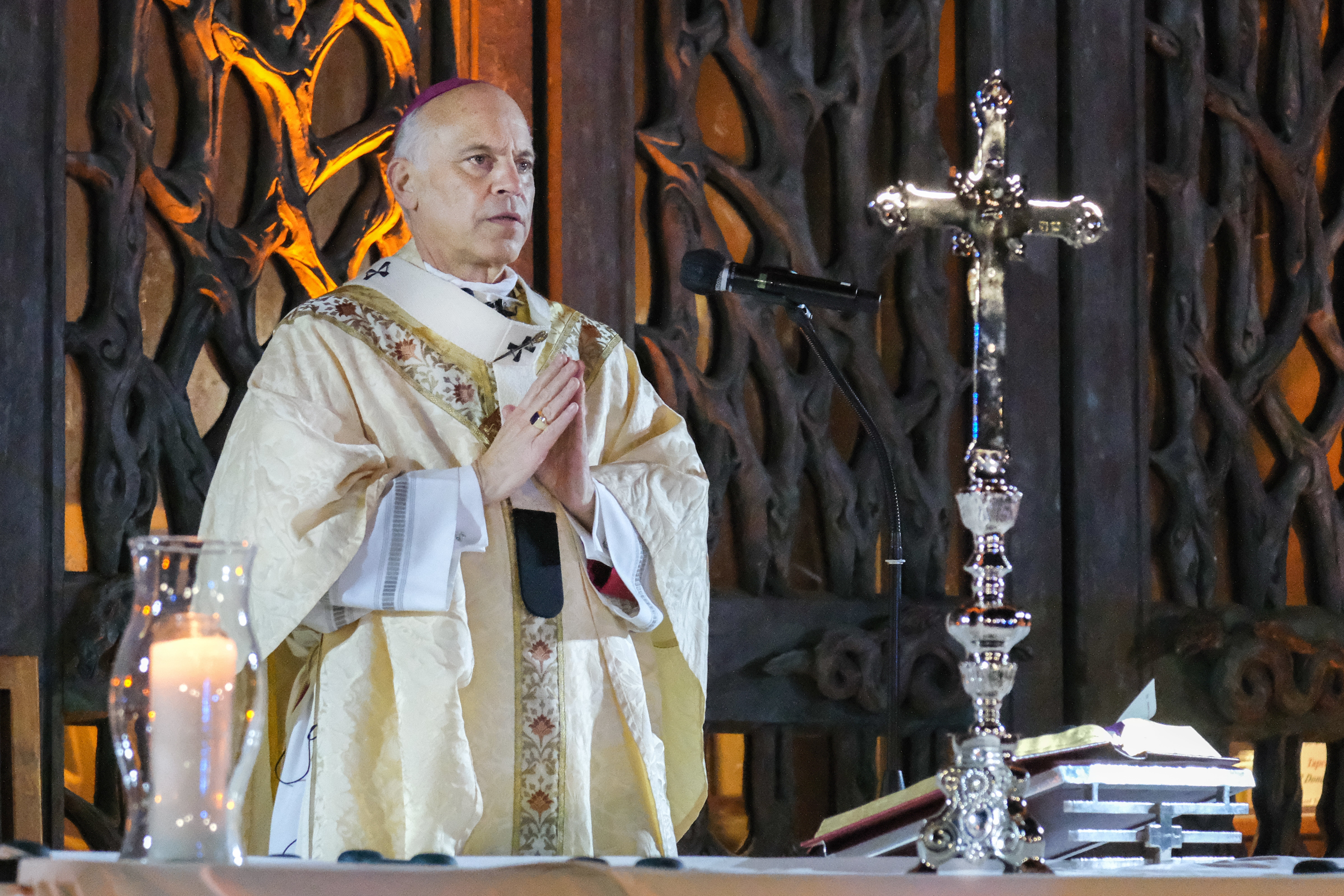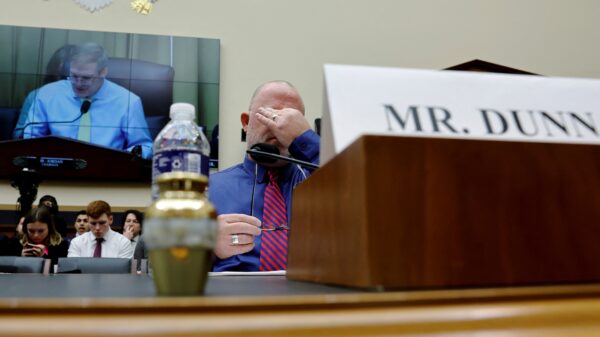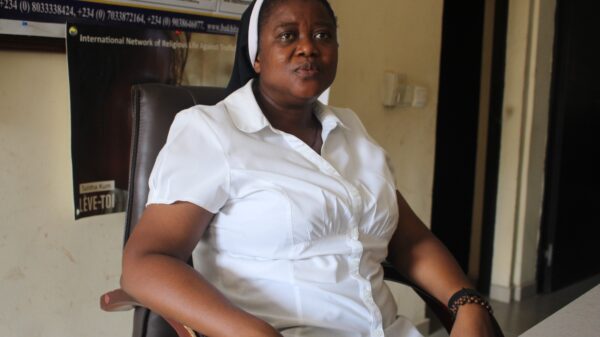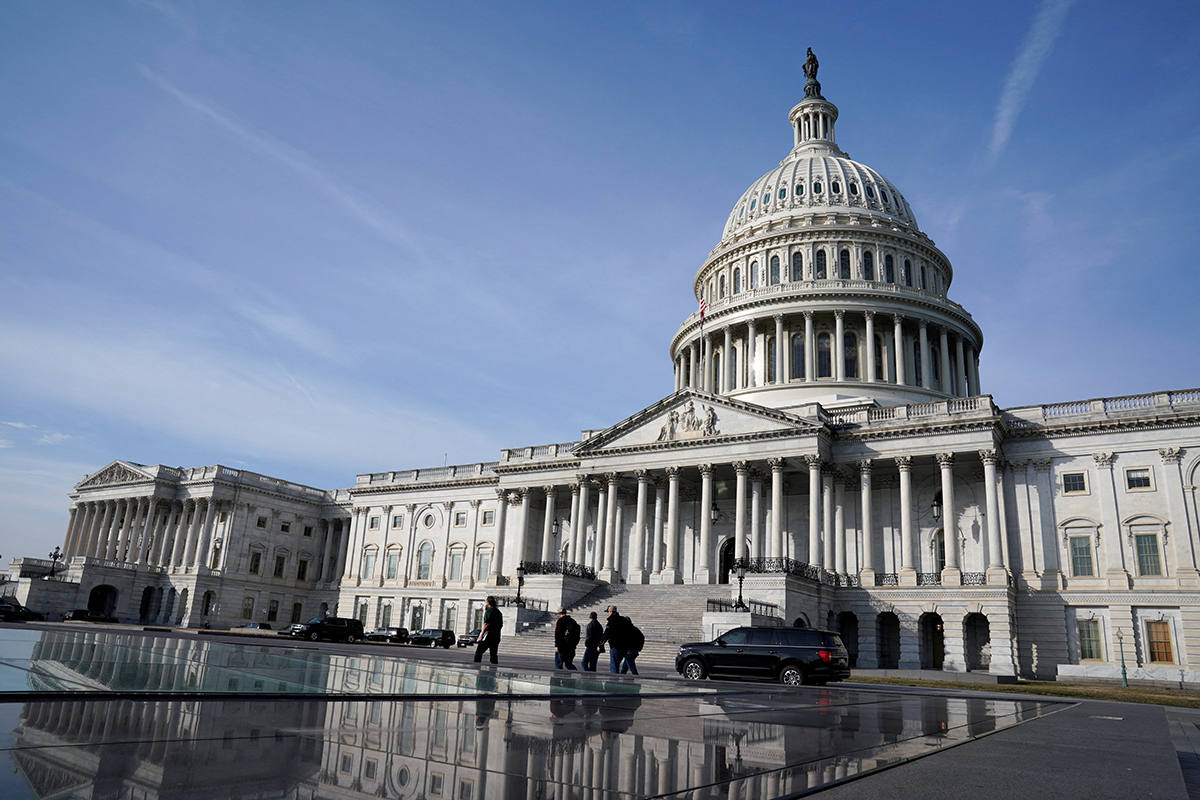WASHINGTON (OSV News) — A federal investigation on church-affiliated pension plans will probe a depleted pension fund that wiped out retirement plans for former employees of the now-shuttered St. Clare’s Hospital in Schenectady.
Assemblyman Angelo Santabarbara, D-Schenectady, told local media that the U.S. Government Accountability Office, an investigative arm of Congress, would probe the St. Clare’s pension fund, adding he learned of the investigation concerning the fund during a meeting with staff of the House Committee on Education and Workforce. Santabarbara’s office told the Times Union newspaper the meeting regarded “potential federal solutions regarding the ongoing St. Clare’s pension crisis.”
A GAO spokesperson told OSV News the federal office’s investigation is not focused on any “one specific church or pension.”
“GAO was asked by Congress to look generally at the issue of pensions from churches and other such nonprofits generally,” the spokesperson said, adding that work is in progress and “should be completed and issued this summer.”
The depleted fund radically altered the retirement plans of more than 1,100 former employees of the former St. Clare’s Hospital, which closed in 2008 and was merged with Ellis Hospital. In 2019, New York Attorney General Letitia James sued the Albany Diocese for “negligent and intentional actions” that she said deprived the plaintiffs of their pensions by exempting the plan from federal protections and failing to properly protect it.
That suit was later merged in December 2022 with a separate filing by the AARP Foundation in 2019 on behalf of some of the former employees. Many of the former employees lost their entire benefit meant to support them in retirement.
Albany Law School professor David Pratt, an expert in pension law who has previously assisted the retirees impacted by the St. Clare’s fund, told OSV News that the Employee Retirement Income Security Act, or ERISA, applies to most employee benefit plans that are sponsored by an employer with certain exemptions: government plans or church plans.
“The term ‘church plan’ has been the subject of quite a lot of litigation in terms of precisely how broad this would be,” Pratt said.
Unless these plans elect to be covered by ERISA, they are not held to the same requirements for funding or insurance, Pratt said.
Pratt said he was “really quite surprised” by news of the GAO investigation probing the St. Clare’s case, but said he hoped it would help those impacted. He also said they have had a great deal of support from state lawmakers and the community.
Rep. Paul Tonko, D-N.Y., whose congressional district includes Schenectady, said in a March 23 statement that the GAO investigation is intended to be “a prospective and comprehensive look at similarly situated ‘church plans’ to assess the fiscal health of such plans nationwide and to inform Congress should we consider future potential legislative efforts to prevent another tragedy like St. Clare’s.”
“I wholeheartedly support this effort and I look forward to reviewing the results when GAO completes its work,” Tonko said. “However, to be clear, this report is not in any way a solution to the current crisis faced by St. Clare’s pensioners. Because the plan sponsors made the regrettable decision to opt-out of federal pension protections, there is simply not a pathway for a federal solution to this problem.”
The solution for the St. Claire’s employees, Tonko said, “rests, as it always has, between the state of New York and the Albany diocese, and I would urge those in positions of power in both institutions to work on providing real relief for the St. Clare’s pensioners that includes examining the years of missed payments by the plan sponsor and the conditions of the State’s forced merger plan in 2008.”
Kate Scanlon is a national reporter for OSV News covering Washington. Follow her on Twitter @kgscanlon.









































